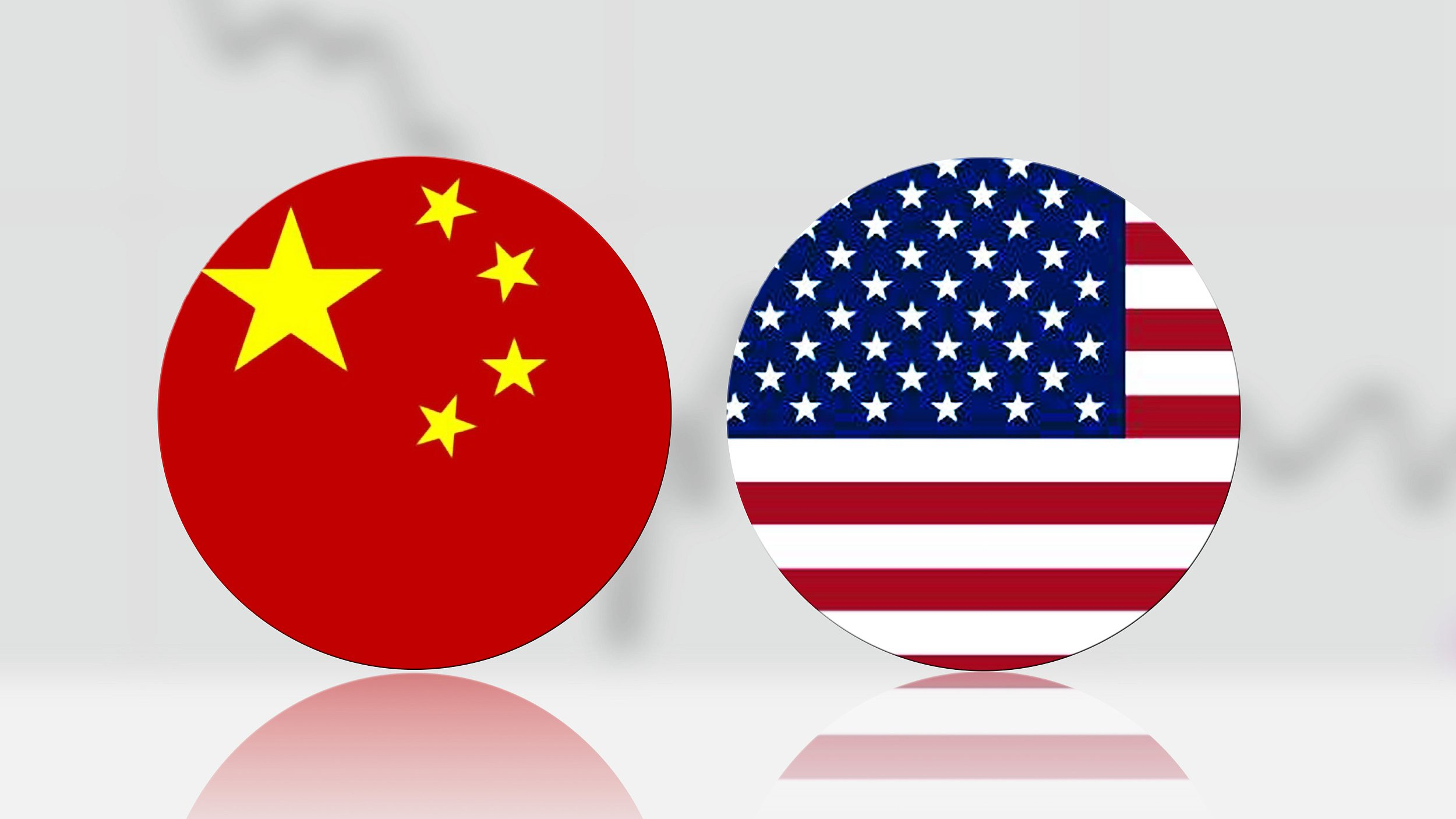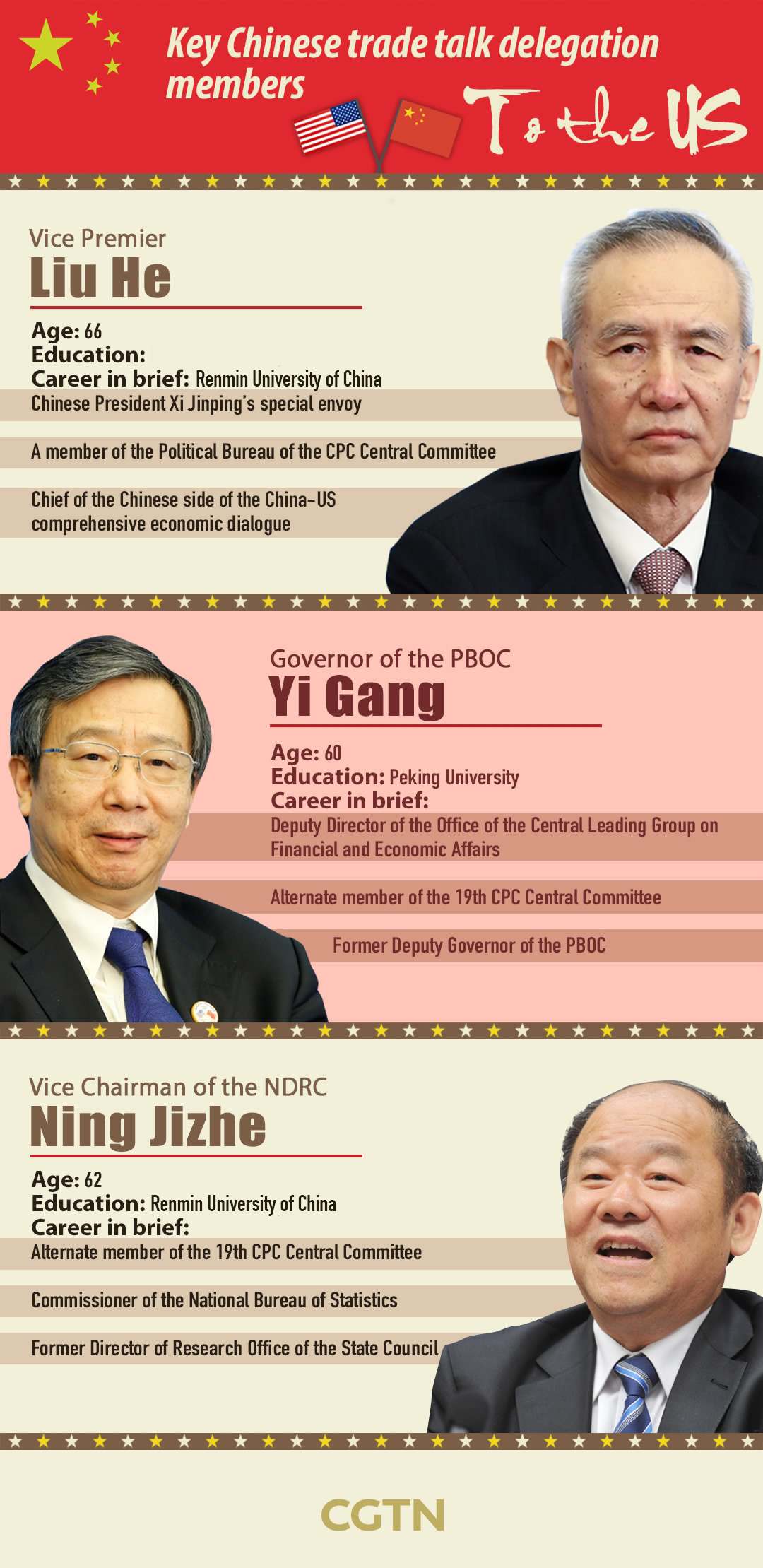
Business
07:56, 30-May-2018
MOFCOM: US tariff turnaround both unexpected and within expectations
CGTN

The US's "tactical" statement is both “unexpected” and “within expectations,” said China's Ministry of Commerce (MOFCOM) on Tuesday, in response to the White House statement confirming it still plans to impose 25 percent tariffs on 50-billion-US-dollars' worth of Chinese imports after mid-June.
The ministry said on its website the US statement contradicted the consensus previously reached by the two sides in Washington.
"Whatever measures the United States takes, China has the confidence, capability and experience to defend the interests of the Chinese people and the core interests of the country."
The MOFCOM also urged the United States to act in accordance with the spirit of recent bilateral joint statements.
On May 19, Chinese trade negotiators led by Liu He, President Xi Jinping’s special envoy and vice premier, and the US delegation, led by Treasury Secretary Steven Mnuchin, had agreed not to launch a trade war against each other.
In a joint statement, the two sides then confirmed they had reached a consensus on taking effective measures to substantially decrease the US trade deficit in goods with China.
Mnuchin said on May 20 that the negotiations between Washington and Beijing had produced an agreement that meant both countries could step back from imposing tariffs.
Later on May 25, the White House confirmed a US delegation led by Commerce Secretary Wilbur Ross would visit Beijing from June 2-4 to continue trade talks.
But on Tuesday, in a sudden turnaround the Trump administration said that by June 15, it would announce a final list of 50 billion US dollars in imports from China that would be subject to tariffs of 25 percent, with the duties implemented “shortly thereafter.”
Investment restrictions aimed at preventing Chinese acquisitions of US tech firms would also be announced by June 30, the White House said.
A separate report on Tuesday suggested the US was also considering restrictions on visas issued to Chinese citizens.
With Ross heading to Beijing later this week, MOFCOM called Trump’s decision to move ahead with tariffs and other measures “tactical,” with the US president both seeking greater leverage in the impending trade talks and looking to appease his hardline supporters.
Markets felt the brunt of reemerging fears over renewed trade uncertainty between China and the US, as well as political turmoil in Italy.
The Dow experienced its worst day of trading since April 24, plunging more than 392 points, or 1.6 percent.
The jitters continued in Asian trading on Wednesday morning, with the Nikkei and Hang Seng down 1.59 and 1.41 percent respectively.
Key trade negotiators for previous talks



SITEMAP
Copyright © 2018 CGTN. Beijing ICP prepared NO.16065310-3
Copyright © 2018 CGTN. Beijing ICP prepared NO.16065310-3